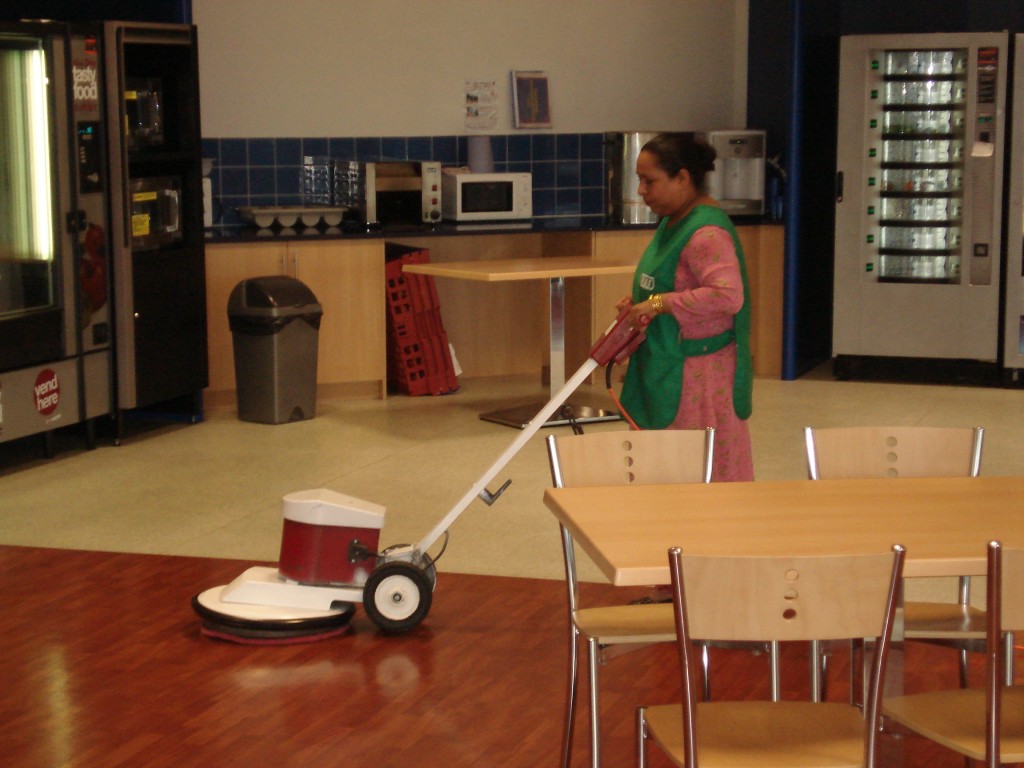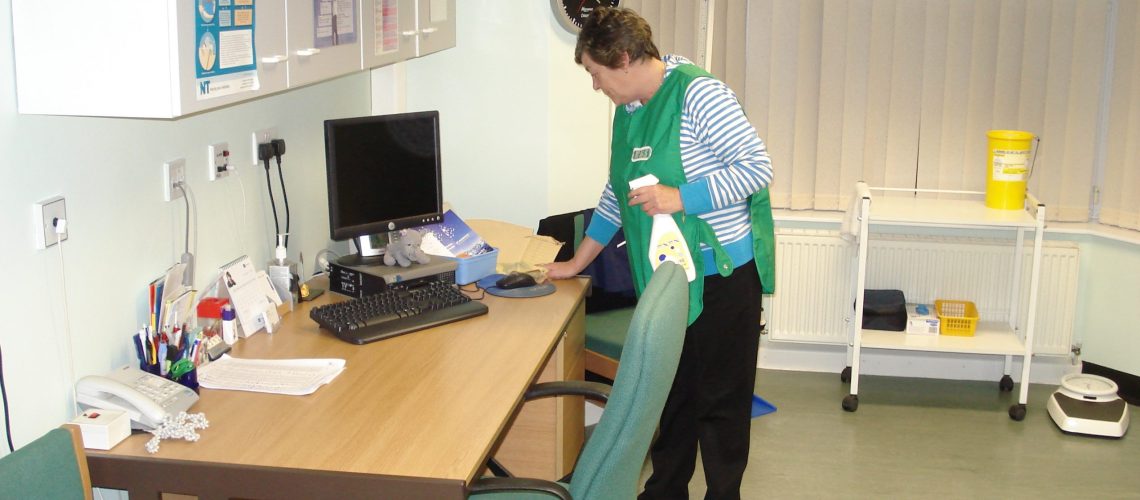Office cleaning might seem straightforward, but in a professional environment, expectations go far beyond wiping desks and emptying bins. A professional office cleaner plays a key role in maintaining a healthy, productive workspace. They operate behind the scenes, often unnoticed, but their work is central to employee wellbeing, client impressions, and the smooth running of the business day to day. But what exactly makes someone a professional cleaner, rather than just someone who cleans? Here’s what’s truly expected.
Attention to Detail and Consistency
Professional office cleaning isn’t just about what gets cleaned, but how well and how consistently. It’s about noticing the details others miss — like dusty skirting boards or smudged glass — and ensuring even the hidden areas are spotless. These small touches signal whether a workspace is truly cared for, and they’re what set professionals apart.
Thoroughness in Every Task
Whether it’s sanitising high-touch surfaces like door handles and light switches or properly cleaning shared spaces like kitchens and toilets, thoroughness is non-negotiable. A professional cleaner understands the flow of the workplace — where germs spread, which areas see the most use, and what needs daily attention. It’s not just about appearances; it’s about hygiene, using the right tools and methods to do the job properly, not just quickly.
Delivering Consistent Results
One-off excellence isn’t enough — businesses expect consistent, reliable standards. A professional office cleaner should have systems like checklists and quality checks to ensure nothing is missed. Consistency builds trust; while no one notices when things are perfectly clean, even small issues like full bins or dusty desks quickly stand out. It’s the cleaner’s job to make sure that doesn’t happen.

Understanding of Health and Safety Standards
Cleaning isn’t just about looks — it’s essential for preventing illness in shared workspaces. Office cleaners must understand health and safety protocols, from using the right products to knowing when to disinfect versus simply clean. Handling chemicals safely and avoiding cross-contamination is a basic, non-negotiable part of the job.
Knowledge of Cleaning Chemicals and Equipment
Using the wrong cleaning product can damage expensive office equipment or surfaces, trigger allergic reactions in staff, or leave behind harmful residues, so a professional cleaner must thoroughly understand their products—including how to properly dilute concentrates, wear protective gear when necessary, and avoid mixing substances that could create hazardous fumes. Equipment is equally important, and a skilled cleaner knows how to use commercial-grade tools effectively, from vacuum cleaners and floor polishers to microfibre cloths and colour-coded mops that help prevent cross-contamination between toilets, kitchens, and general areas.
Promoting a Healthy Workplace
A professional office cleaner plays a key role in maintaining a healthy workplace, a responsibility that grew in importance during and after the Covid-19 pandemic, which raised standards for disinfection in shared spaces. They understand the impact of air quality, hidden damp and mould, and how cleanliness affects morale, sick days, and productivity. By staying updated on public health guidance and applying best practices, they help create a safer, healthier office environment.
Professionalism and Communication Skills
Office cleaning involves more than just cleaning; professionalism, reliability, and respect for the workplace are just as important. Cleaners often work around employees, sensitive information, and valuable equipment, making discretion and trustworthiness essential. They are a quiet yet vital part of the office environment, trusted to maintain both cleanliness and integrity.
Reliability, Discretion, and Appearance
Punctuality and reliability are essential for professional cleaners, as businesses rely on consistent cleaning schedules to keep operations running smoothly; missed shifts can disrupt not just cleanliness, but also meetings, events, and staff morale. A clean, neat appearance—whether in uniform or appropriate workwear—shows that the cleaner takes their role seriously and respects the workplace. Discretion is equally important, as cleaners often work around sensitive materials or private spaces and are expected to do so without prying or causing disturbance. Combined with clear communication, these qualities reflect true professionalism and help build trust in their service.
Effective Communication with Clients and Staff
Professional office cleaners are part of a broader team, even when working as external contractors, and must communicate clearly with office managers, facilities teams, and staff. Effective communication includes reporting issues like leaks or pest activity, responding to schedule changes, handling feedback, and keeping track of supplies. Although cleaning is often a solo task, strong communication ensures the service stays responsive and aligned with the client’s needs.
Flexibility and Adaptability
Every office is different, and a truly professional cleaner stands out through flexibility—adapting to changing schedules, tasks, and unexpected events. As modern workplaces evolve, great cleaners handle surprises like client visits or emergencies with calm efficiency. This adaptability is what sets them apart.
Adjusting to Shifts and Office Needs
Not all cleaning happens after hours—many businesses require early morning, daytime, or weekend cleaning, especially in high-pressure environments like law offices, healthcare centres, or event venues. A professional cleaner must be flexible and ready to adjust their schedule, sometimes on short notice. Just as important is the ability to work around employees quietly and respectfully, adapting to the workplace rhythm without causing disruption.
Tailoring Services to Different Environments
Different workplaces have different needs—cleaning a corporate office is not the same as cleaning a medical practice, co-working space, creative studio, or retail headquarters. Professional cleaners must tailor their approach based on the environment, whether it’s accommodating pets in a design studio or maintaining discretion in a solicitor’s office. Flexibility also means being ready to take on extra tasks or recommend specialists when needed, staying observant and proactive to consistently meet and exceed client expectations.
In conclusion, a professional office cleaner is far more than someone who simply tidies up—they are an essential part of maintaining a healthy, safe, and productive workplace. Their work demands attention to detail, consistency, and a deep understanding of hygiene standards, cleaning products, and equipment. Professional cleaners must also demonstrate reliability, discretion, adaptability, and strong communication skills to effectively serve a wide range of office environments and shifting needs. By upholding these high standards, they contribute significantly to employee wellbeing, client perception, and the overall smooth functioning of the business.






